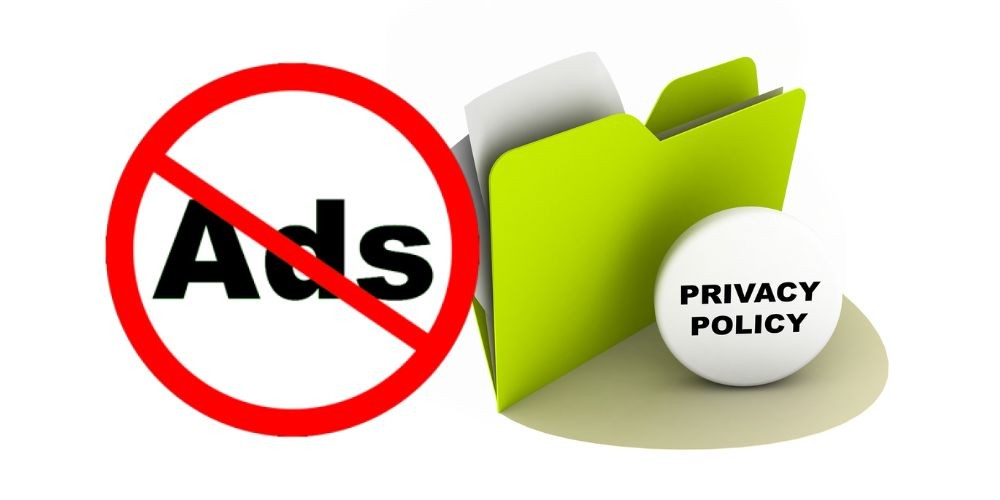Privacy at a Price: Meta Adjusts Its Ad-Free Offering in Europe
Mar-20-2024

In an era where personal data is often compared to currency, the balance between privacy and sustainable business practices is delicate. Caught amidst swirling debates on user data rights in the European Union, Meta has taken a significant step in recalibrating their offer to users who wish to navigate their platforms without the constant interruption of ads and, subsequently, without the trade-off of their personal data for customized advertising. Earlier resistance to Meta's ad-free offering had been that it set a monetary value on privacy, contradicting the crux of Europe's General Data Protection Regulation (GDPR). With pressure mounting from privacy advocates, Meta offered to halve the price of its ad-free subscription, a move signaling a pivot towards greater user accessibility and, perhaps, a more palpable compromise.
Navigating Through the Nuances of Data Privacy
Meta's strategic reduction of the price for an ad-free experience is a calculated one. The original price point was met with backlash, with privacy advocates accusing the tech giant of commodifying a fundamental right - privacy. Now, Meta is proposing a compromise that aligns more closely with the EU's robust privacy laws without fully giving in to the demands of privacy activists. Although a significant reduction, this move remains controversial. Critics argue that even at a lower rate, this model perpetuates a 'pay-for-privacy' framework that inherently benefits those who can afford it, leaving data privacy as a luxury rather than a universal right. The company's aim to keep its revenue streams relatively stable amidst the changing tides of digital regulation has led to a solution that, while more accessible, might still ruffle feathers across Europe.
Assessing Meta's Financial Flexibility and Strategy
The financial implications of Meta's decision are multifaceted. From a purely opportunistic perspective, it seems unlikely that the tech conglomerate is taking a loss. The revised price is calculated to hover around the average revenue per user, suggesting an equilibrium between maintaining profits and appealing to legislative and public pressure. Yet, this is no mere fiscal maneuver. It signifies an acknowledgment by Meta that their initial strategy failed to resonate with a significant portion of their user base and that a robust debate over ethical business practices in the digital age is underway. By lowering the cost barrier, Meta could encourage more users to opt for privacy, satisfying regulatory demands while subtly emphasizing their necessity as a revenue-generating enterprise.
The Impact of a Lower Fee on User Choice and Business Ethics
As users now face a more affordable option to detach from relentless ad targeting, a fundamental question lingers: does this shift the narrative around privacy and consumer choice effectively? Ideally, it should mean a wider swath of the European user base can opt out of data sharing while Meta continues to operate viably. Yet, this is no panacea for the underlying ethical conundrum - should data privacy come at any cost? Accessibility has increased, but the premise remains: privacy, in Meta's digital domain, is not an inherent feature but an add-on, challenging the ethical backbone of the EU's privacy stance.
Final Appraisal: A Compromise or A Concession?
As this revision awaits the EU's scrutiny, it is more than a mere pricing adjustment; it is a testament to the ongoing negotiation between digital rights and commercial realities. Can Meta's new offering appease both the financial imperatives of a multinational corporation and the principled stance of European legislators on data privacy? It's a question that requires all parties to weigh the practicalities of business against the ideologies of user privacy. Meanwhile, the world watches as this digital drama unfolds, influencing the future trajectory of user data rights on a global stage. Whether this cut in cost is viewed as a compromise or a concession, it certainly underscores the evolving narrative of privacy in the digital marketplace.








